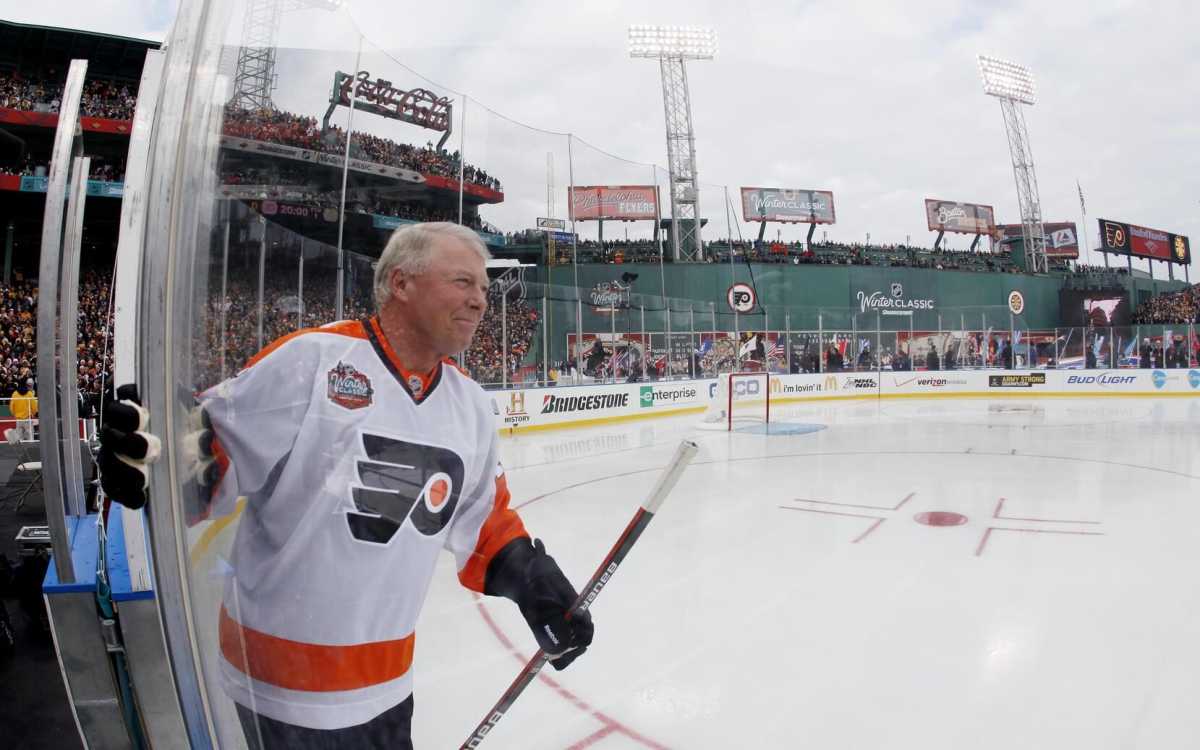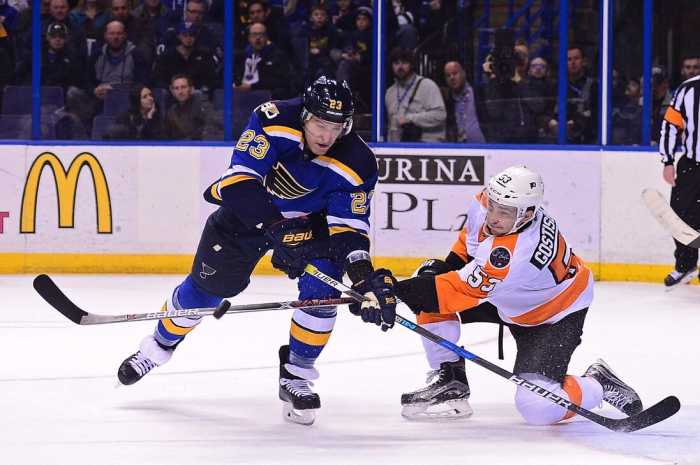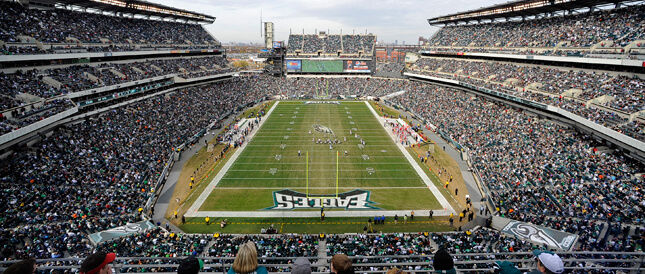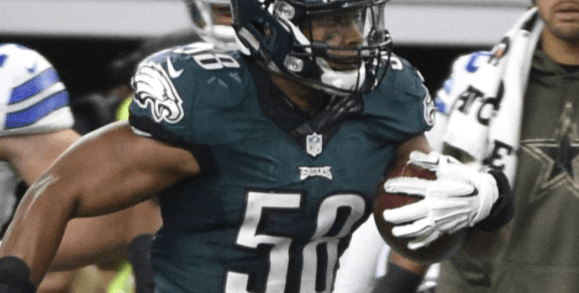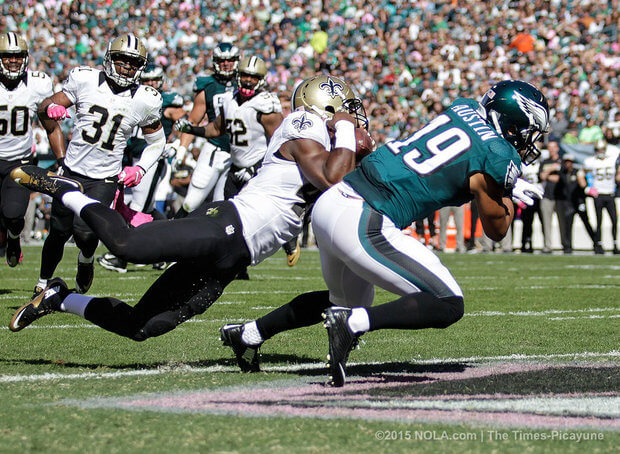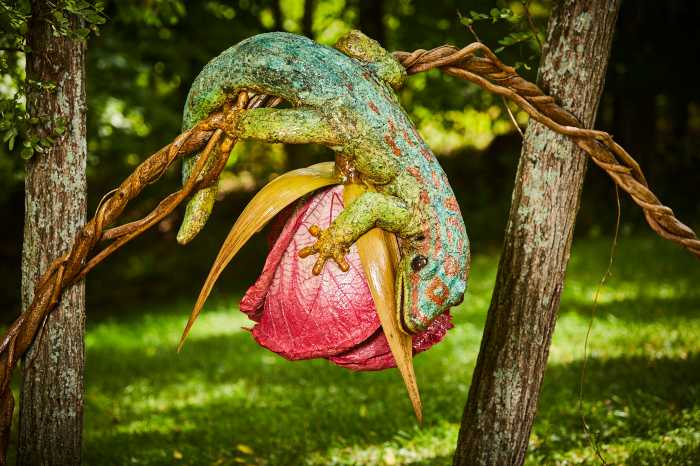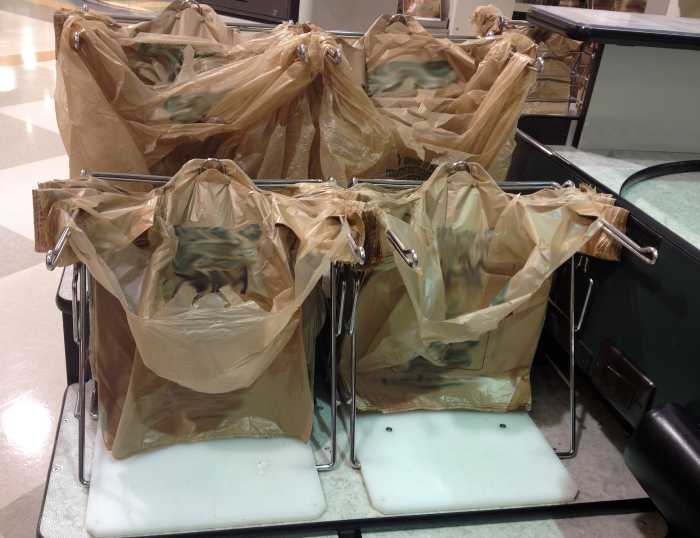With the Flyers alumni game on Saturday January 14, 2017 at 7 pm, how can we not pay tribute to this historic Franchise. A Franchise that is rich in history. From Gene Hart’s call in 1973-74 Stanley Cup Finals at the end of game 6, “Ladies and gentleman, the Flyers are going to win the Stanley Cup! The Flyers win the Stanley Cup! The Flyers have won the Stanley Cup.” To his signature goal call, “He shoots, he scores, for a case of tastycake.” Lauren Hart’s rendition of “God Bless America,” with the iconic Kate Smith, always gets the crowd going. Flyers hockey is alive and well, and we shall commemorate the three best players to ever lace up their skates for them.
1. Bobby Clarke:
Bobby Clarke was born August 13, 1949 in Flin Flon, Manitoba, Canada. Flin Flon is well known as a mining town. At the age of 12, Clarke was diagnosed with Type 1 diabetes. This did not stop his drive to play hockey.
He became a highly touted prospect playing for the Flin Fon Bombers, in which, he lead the league in scoring in each of his last three seasons he played for them. NHL teams feared Clarke would never be able to play at the NHL level cause of his diabetes.
Pat Ginnell who was the head coach of the Bombers, took Clarke to the Mayo Clinic in Minnesota following the 1967-68 season. The doctors concluded if Clarke took care of himself, then he would be able to play professionally.
Clarke fell to the Flyers with the 17th pick of the 1969 NHL Draft. This was the beginning of greatness for the Flyers organization.
Wearing #16, he made his NHL debut on October 11, 1969. He recorded his first point against the Toronto Maple leafs, an assist on Lee Morrison’s goal. He recorded his first goal on October 30, 1969 against the New York Rangers.
He played the entire rookie season for the Flyers, and recorded 15 goals, 31 assists, for a total of 46 points. His performance earned him a trip to his first all star game, and he was named rookie of the year by the Sporting News.
Clarke led the Flyers in scoring his next season with 27 goals, 36 assists, for a total of 63 points in 77 games played. He lead the Flyers into the playoffs that year, but lost to the Chicago Blackhawks in four games. This was the defining moment a gem was made for the Flyers.
Clarke became the youngest captain in NHL history at the age of 23, during the 1973 season. He became the first player from an expansion team to score more than 100 points in a season, with 104 (37 goals, 67 assists).
Clarke led the Flyers to the 2nd round of the playoffs that season, where they lost to the Montreal Canadiens. He also won the Hart memorial Trophy as the leagues MVP, and amassed a total of 87 points in 77 games played. In 1973-74 Clarke guided the Flyers to their first ever Stanley Cup win.
In 1974-75 Clarke guided the Flyers to their second straight Stanley Cup win. He set the record for most assists by a centerman with 89, and finished the season with 116 points.
Clarke led the Flyers to two Stanley Cup wins, had three 100 point seasons, twice led the league in assists, made eight all star appearances, won three hart trophies as leagues MVP, and won a selke trophy as leagues best defensive forward in 1983.
He retired at seasons end in 1983-84 with 358 goals, 852 assists, for a total of 1, 210 points. Clarke is widely known as being one of the greatest captains of all time, and was inducted in the NHL Hall of Fame in 1987. He also ranked number 24 on the list of the top 100 NHL players of all time in 1998.
2. Bernie Parent:
Bernie Parent was born in Montreal, Quebec, Canada on April 3, 1945. Jacques Plante a Montreal Canadiens goalie was his childhood hero. Parent’s love for him led him to becoming a goaltender.
Parent played for the Niagara Falls Flyers of the OHA junior league. He was a two time winner of the Dave Pinkney trophy, given to a goaltender with the lowest GAA. He also led his OHA team to a Memorial Cup Championship in 1965.
Parent was drafted by the Boston Bruins in 1965. He began playing immediately appearing in 39 games during the 1965 season. The following season he split time between the Boston Bruins, and the Bruins farm club in Oklahoma.
He was left unprotected in the 1967 NHL expansion draft, and Parent was chosen by the Flyers. He split time between the pipes with Doug Favell during his first full season with them, and recorded a 2.48 GAA with four shutouts.
The next two seasons saw Parent taking the reigns as the number one goaltender, as Favell was often injured and played inconsistently. He saw action in 62 games and led the Flyers to first place in the West.
He was shockingly dealt to the Toronto Maple Leafs in 1971. The Flyers were seeking help upfront, and unfortunately traded their star. Parent got a chance to play for his childhood hero Jacques Plante, and played well for Toronto in 1971-72. He gained valuable regular season and playoff experience that year.
Toronto traded Parent’s rights back to the Flyers in 1973 for Doug Favell. The next two seasons were the greatest of his career amassing a total of 30 shutouts, and he guided the Flyers to their two Stanley Cups in 1973-74, 1974-75. He was also given the slogan, “Only the Lord saves more than Bernie.”
Hockey scribes cite Parent’s play between 1973-75 as some of the best ever seen in the game. He sparkled amassing a 1.89 GAA, with 12 shutouts during that span. In 1973-74 he shared the vezina trophy as leagues best goaltender with the Chicago Blackhawks Tony Esposito.
His career was cut short, as he suffered a career ending eye injury from a stick that entered through the right side of his mask against the New York Rangers. This caused permanent damage to his vision.
He retired at age 34, and is still regarded as one of the best goaltenders of all time. Parent was inducted into the Hockey Hall of Fame in 1984, and was ranked number 63 on the Hockey News List of the top 100 NHL players of all time.
For his career, Parent amassed a total of 271 wins, 198 losses, 135 ties, 55 shutouts, and a 2.55 GAA. He is still beloved by many NHL fans, and is a fan favorite in Philadelphia.
3. Bill Barber
Bill Barber was born on July 11, 1952 in Callender, ON, Canada. He was drafted in the 7th round by the Flyers in the 1972 NHL Draft. He went on and played 12 seasons for them.
He was called up from the Rochester Robins only 11 games into the season in 1972. During that season he tallied 30 goals, 34 assists, for a total of 64 points. He was also a contender for the Calder Trophy for rookie of the year.
His best season playing as a left winger was 50 goals, 62 assists, in the 1975-76 season. He played on the LCB line, also known as the Leach, Clarke, Barber line. That line amassed a total of 141 goals that season.
Barber said of himself, “I want to be remembered as being capable of doing my job day in and day out. Not just as a goal scorer, but as a good all around player for every kind of situation.” He helped the Flyers reach the Stanley Cup Finals in 1980, and had many key playoff goals against the New York rangers and Minnesota North Stars.
He became captain of the Flyers during the 1981-82 season, and remained such until the 1982-83 season. According to hockey-reference.com, he still holds the Flyers regular season career scoring record with 420 goals. Barber is also tied with Rick Macleish for the most playoff goals in franchise history with 53. With his accolades he was inducted into the Hockey Hall of Fame in 1990.
Fans throughout the NHL say that Flyer fans live in the past. Of course we do. The Flyers are so rich in history we shall not forget the day the Flyers were “born.” Flyer fans are passionate, dedicated, and love their team. Together this has made it a successful franchise, to which the history will continue to grow.
Mandatory Credit: Greg M. Cooper-USA TODAY Sports

